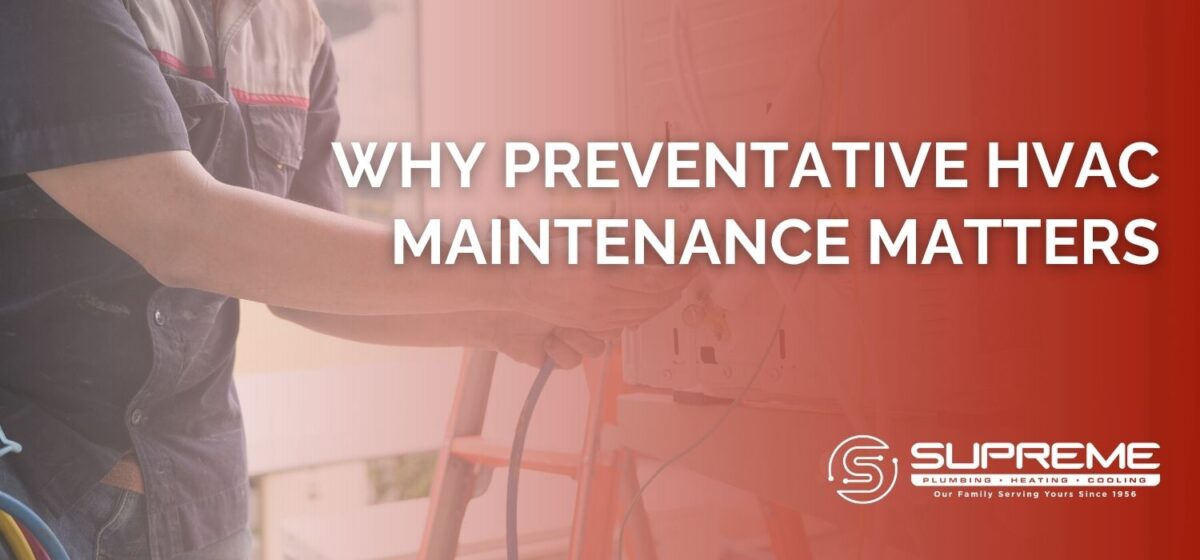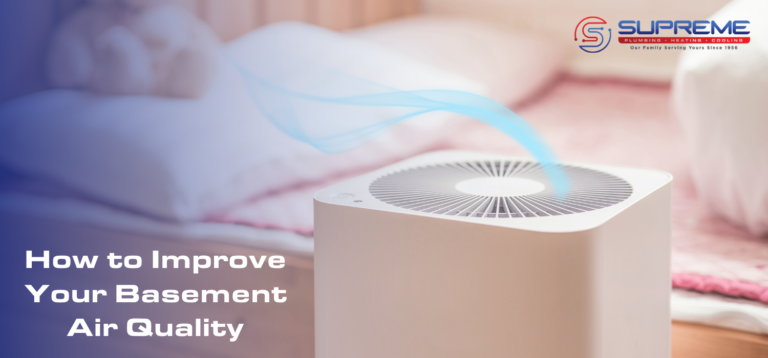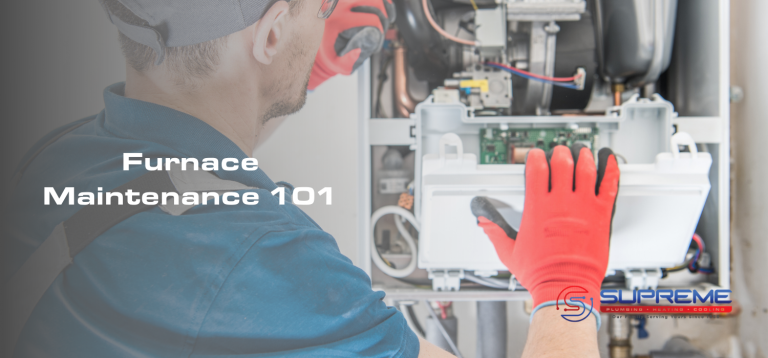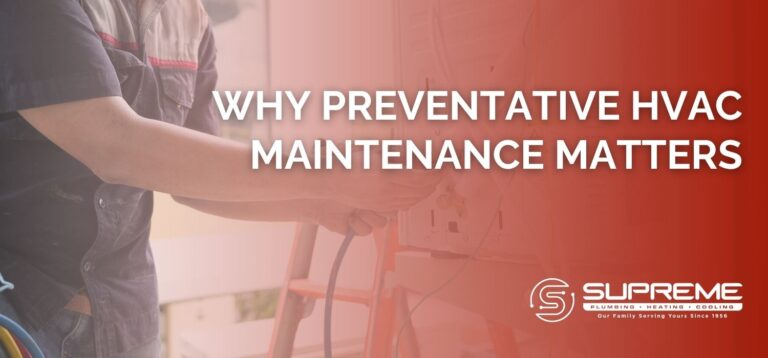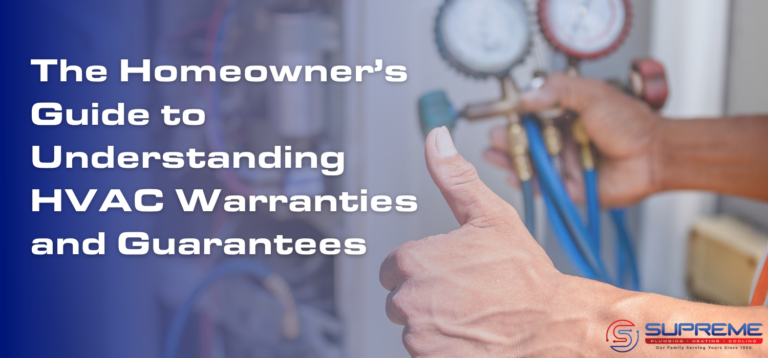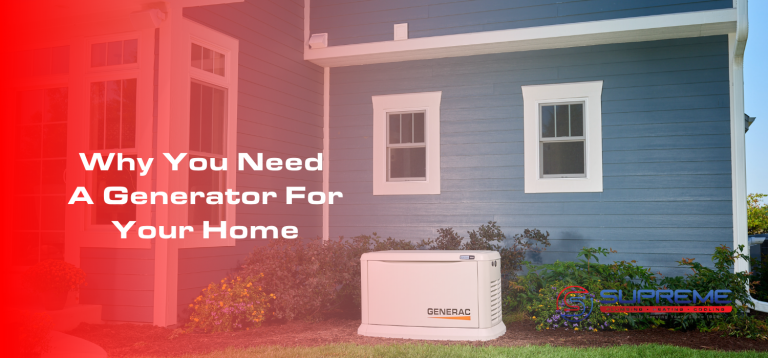No one wants to think about their furnace right now, but when the first frosty morning hits and your heat won’t kick on? Yeah, that’s not the kind of surprise you want. A little preventative HVAC maintenance now can save you from costly repairs, chilly nights, and mid-winter headaches later on.
Here’s why scheduling your HVAC tune-up before winter is one of the smartest home moves you can make this year.
Why Preventative HVAC Maintenance Matters
Think of your heating system like your car: it runs better, lasts longer, and costs less to fix when you keep up with regular maintenance.
A professional tune-up helps:
- Boost energy efficiency: Clean filters and well-lubricated parts mean your system doesn’t have to work as hard to keep your home warm.
- Prevent surprise breakdowns: Technicians can catch small issues before they turn into major repairs.
- Extend your system’s lifespan: A well-maintained HVAC system can last longer than one that’s neglected.
- Improve indoor air quality: Clean coils and filters keep dust, allergens, and other pollutants out of your air.
Bottom line? You spend less on energy bills and emergency service calls, and your home stays comfortable all winter long.
Common Winter HVAC Breakdowns (and How to Prevent Them)
Cold weather has a way of pushing your system to its limits. Here are some of the most common HVAC issues we see once winter hits, and how you can avoid them:
1. Clogged or Dirty Filters
When filters are packed with dust and debris, airflow slows down, making your system overwork (and overheat).
Prevent it: Check and replace your filters every 1–3 months.
2. Ignition or Pilot Light Problems
If your furnace won’t light, it could be due to a faulty ignition sensor or dirty pilot.
Prevent it: Have your technician clean and test ignition components during your tune-up.
3. Thermostat Malfunctions
Sometimes it’s not your furnace it’s your thermostat misreading the temperature or not communicating properly.
Prevent it: Test your thermostat early in the season to make sure it’s working correctly.
4. Blower Motor Failures
If your blower motor burns out, warm air can’t circulate through your home.
Prevent it: Lubricate moving parts and keep your vents clear of blockages.
5. Frozen or Blocked Air Ducts
Cold air and condensation can cause ducts to freeze or leak, reducing efficiency.
Prevent it: Seal and insulate ducts before temps drop.
Signs Your HVAC System Might Be Headed for Trouble
Want to stay one step ahead? Watch for these early warning signs that your system needs attention before it breaks down:
Strange noises: Banging, rattling, squealing, or grinding sounds are your system's way of saying "help me." These noises often mean something's loose, worn out, or broken.
Weak or uneven heating: If some rooms are toasty while others are freezing, or if your system is running constantly but not keeping up, something's off. This could be airflow issues, ductwork problems, or a struggling furnace.
Higher energy bills: If your heating costs are creeping up even though you haven't changed your usage, your system is likely working harder than it should.
Frequent cycling: Your furnace should run in steady cycles. If it's turning on and off constantly (short cycling), that's a red flag.
Yellow pilot light (for gas furnaces): A healthy pilot light burns blue. If it's yellow or flickering, it could indicate a ventilation problem or carbon monoxide risk. Call a pro immediately.
Weird smells: A burning smell when you first turn on your heat is normal (it's just dust burning off). But if you smell something electrical, metallic, or like rotten eggs (gas), shut off your system and call for help.
Poor air quality: More dust than usual, stuffiness, or increased allergy symptoms can mean your system isn't filtering air properly.
If any of these sound familiar, don’t wait until it’s 20°F outside. Schedule a maintenance visit now before small problems become expensive repairs.
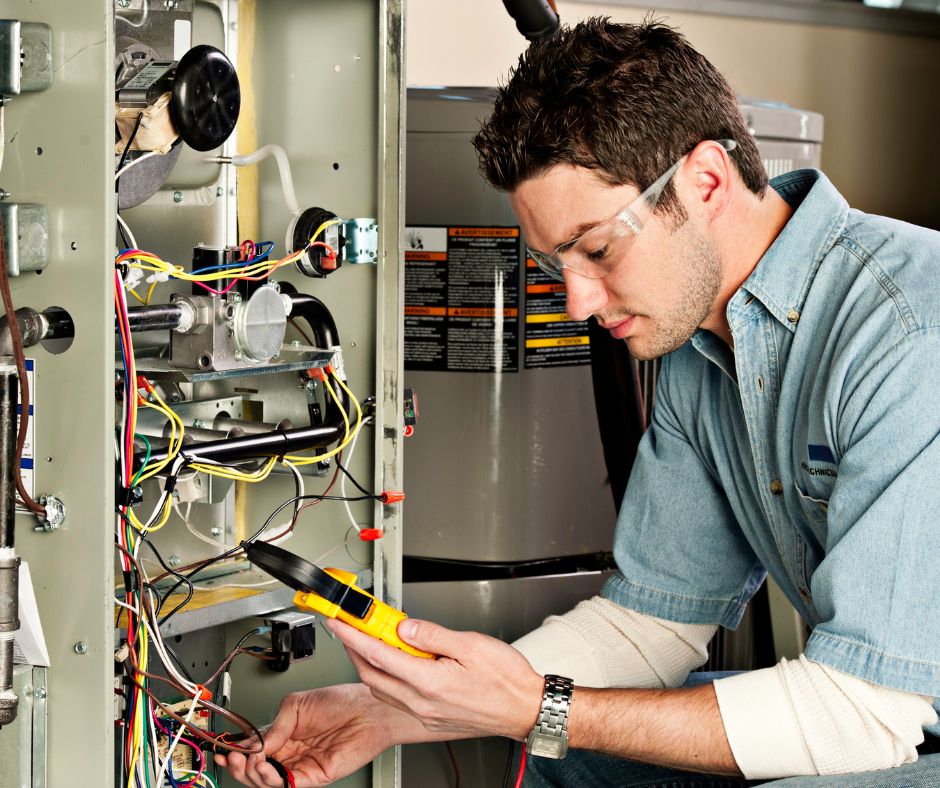
5 Simple Steps You Can Take Right Now
You don’t need to be an HVAC pro to give your system a little TLC. Try these quick, preventative tips:
- Replace air filters regularly
- Clear leaves, snow, and debris away from your outdoor unit
- Check that vents and registers aren’t blocked by furniture
- Set your thermostat to a consistent temperature
- Test your carbon monoxide detectors
These small actions go a long way toward keeping your system running safely and efficiently.
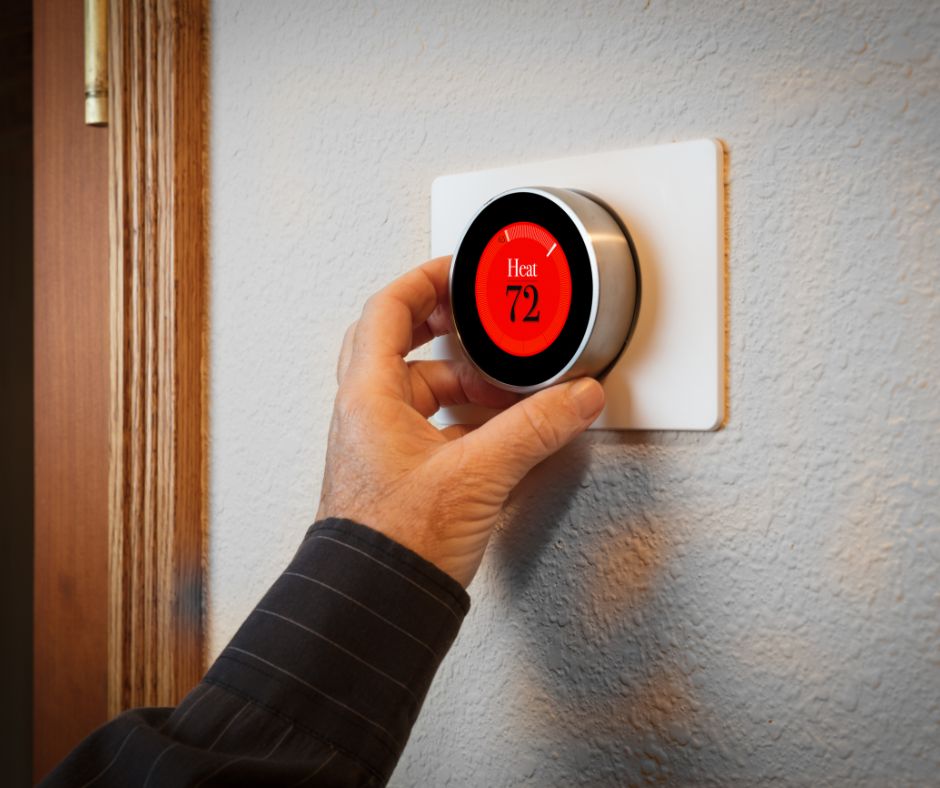
Stay Warm and Worry-Free This Winter
A little prep now means a lot more comfort later. Preventative HVAC maintenance might not be exciting, but it’s one of the best ways to protect your home, your wallet, and your peace of mind.
Whether you need a seasonal tune-up, help troubleshooting a weird noise, or just want to make sure your system’s ready for the cold, our HVAC pros are here to help.
Schedule your fall maintenance today (and take advantage of our fall specials!) and relax knowing your heat will be ready when you need it most.

